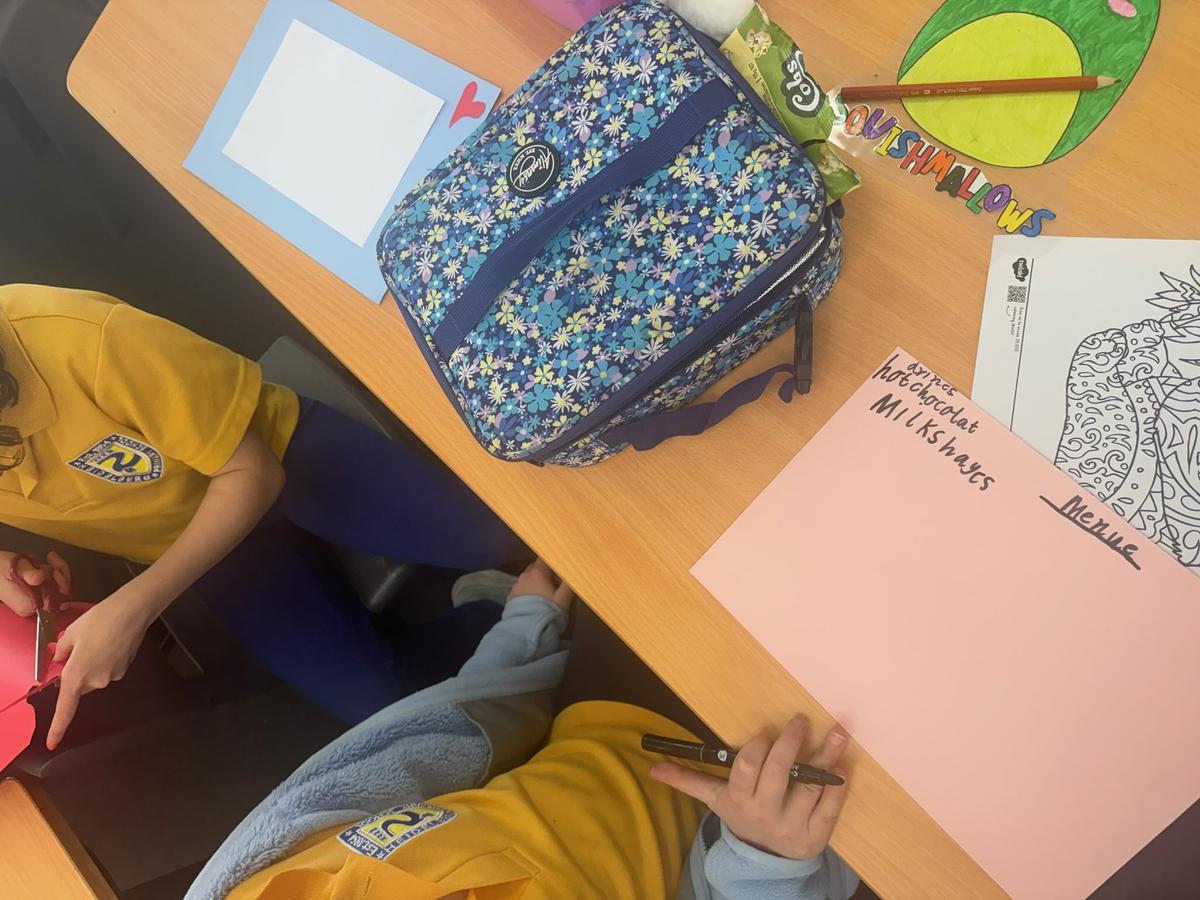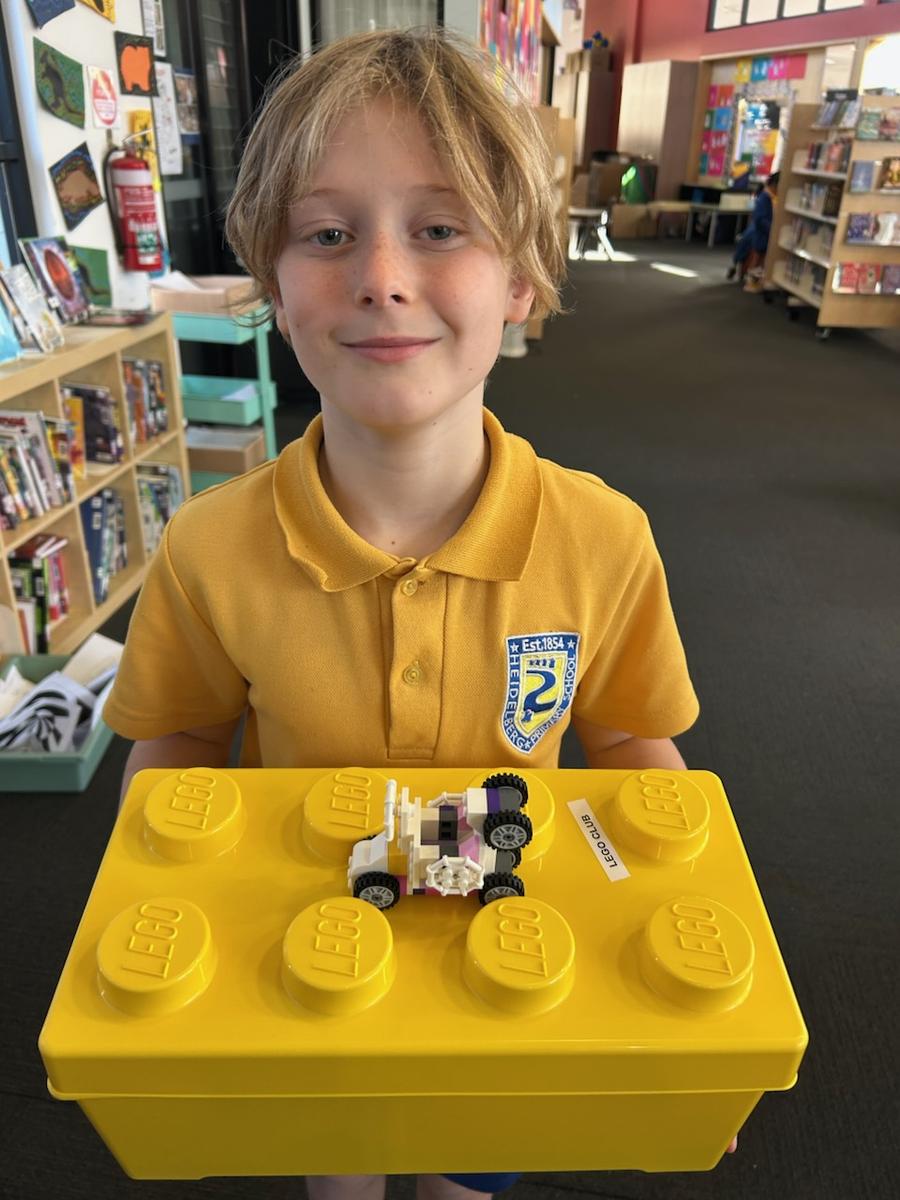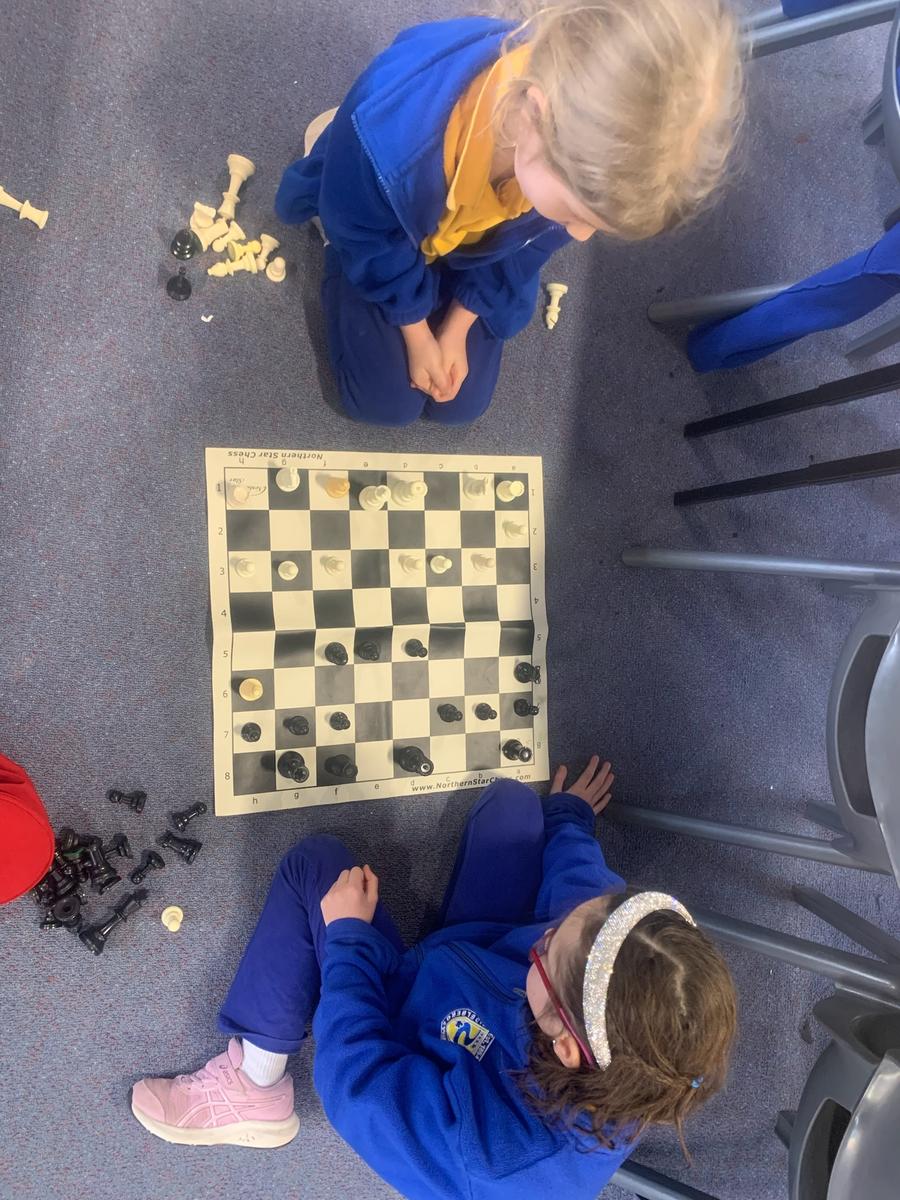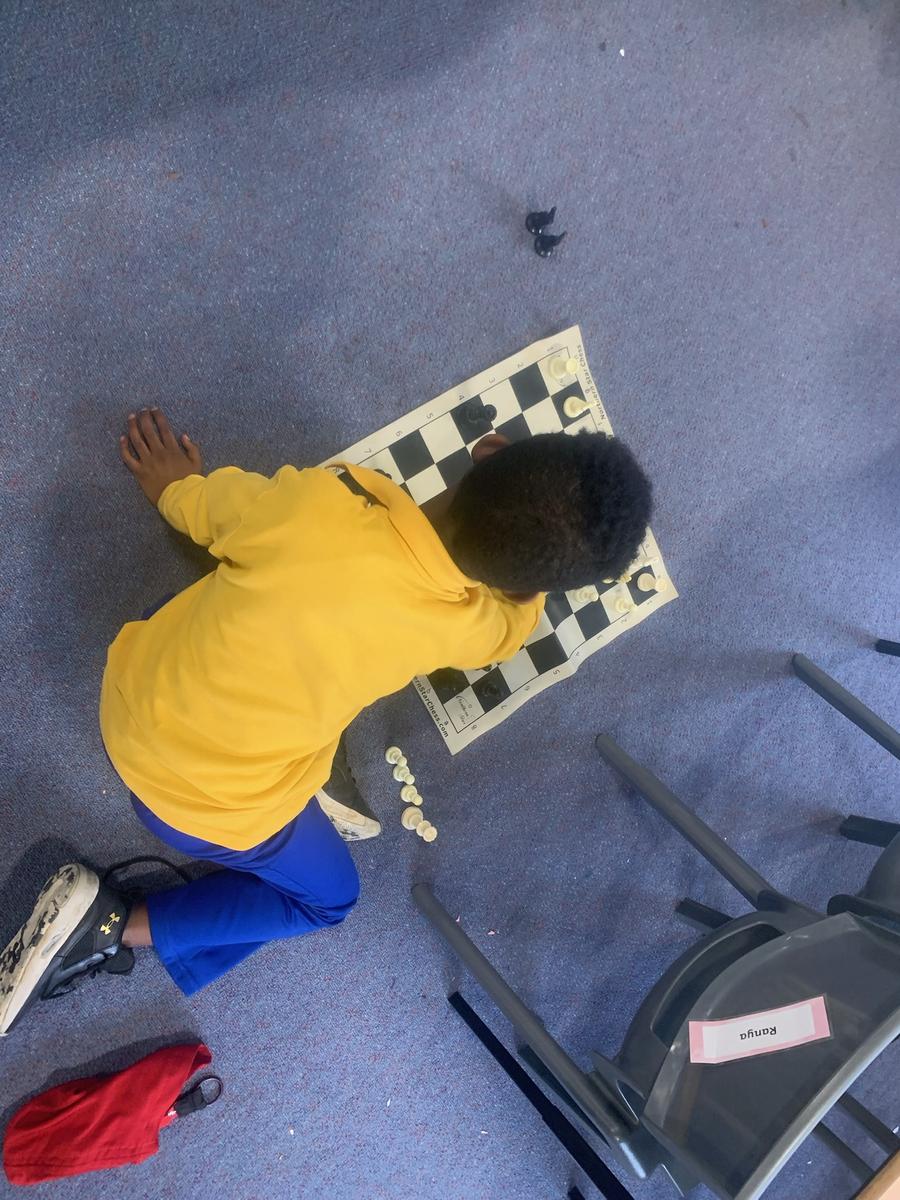Assistant Principals' Report

Hello everyone and welcome to our newsletter article,
Jump Rope for Heart kicks off this term at Heidelberg Primary School!
Sarah Santeara and Taniya Senanayake will be overseeing the Jump Rope for Heart at HPS this term. Thank you in advance for all your organising and commitment to this great initiative. Jump Rope for Heart is the Heart Foundation’s primary school skipping challenge that helps kids move more, have fun, and raise funds for life-saving research and programs.
This year we’ve got an audacious goal to see our Year 5 and 6 student Heart Heros to log 40 hours of skipping throughout the program! On Mondays Sarah and Taniya will offer a club for those interested to come along and skip and learn some new skills and tricks.
If you have a child in Year 5 or 6 please register your child online, so they can receive the full benefits of the program and participate in online fundraising, simply follow the link below to get started. www.jumprope.org.au/parents. Students in other year levels Foundation - Year 4 can also register and get involved in the same way that the Year 5 and 6 students register by skipping in the breaks in designated areas and at home. These students can practice around the school however the lunch club will be just for Year 5/6 students.
Students in Year 5 & 6 will be skipping throughout the term in PE lessons, and during recess and lunch breaks. During this time, you can share their online fundraising page with family and friends to help raise money for this great cause.
We will hold our school Jump Off Day on Friday, 12th September, this will mark the end of the program and is a chance for everyone to come together to skip and show off their newly learned skills. Everyone at HPS will be involved and they will be able to wear red for the Heart Foundation and take part in some fun skipping activities during the day.
Thank you for supporting the Jump Rope for Heart program! Heart Foundation
Lunchtime Enrichment Cubs
At HPS, we have a fantastic array of clubs facilitated by enthusiastic and talented staff with a particular strength or interest in what they are offering the students. We have a club every lunch and recess, every day of the week.
Lunchtime enrichment clubs in schools are extracurricular activities that aim to provide students with opportunities for social interaction, skill development, and engagement outside of regular class time. These clubs can focus on a variety of interests, including academic pursuits, creative activities, or social interaction, and are often used as a strategy to promote inclusion and reduce social isolation among students. With our reduced playground space at present, these clubs are also a great way to utilise some indoor areas and reduce the number of students outside.
Here's a more detailed look at lunchtime enrichment clubs:
Purpose:
- Social Inclusion: Lunchtime clubs can be particularly helpful for students who may be struggling to connect with peers during unstructured times.
- Skill Development: Clubs can offer opportunities to learn new skills, explore interests, and participate in activities that might not be available in the regular curriculum.
- Engagement: Clubs can help students feel more connected to their school community and increase their overall engagement with school life.
Lunchtime clubs can be particularly helpful for students who may be struggling to connect with peers during unstructured times. Our timetable for clubs is displayed in the classroom and on our community notice board in Top School and when finalised we will include in the newsletter. Any questions about clubs please reach out to your child’s classroom teacher.
Attendance
Going to school every day is an important part of your child’s education. Children and young people learn new things at school every day, connect with friends, have fun and develop good habits that help them to succeed. Attending and participating in school will help your child:
- develop important skills and knowledge to help them learn
- develop social and emotional skills such as good communication, resilience and team-work
- establish friendships with peers which help develop self-esteem and a sense of belonging.
There is no good number of days for missing school. Being away from school for 1 day a fortnight adds up to missing 4 whole weeks of school a year. Where possible, you should avoid your child missing school, for example, make appointments for your child outside of school hours and keep family holidays to outside term time where possible.
As a parent/carer, you are legally required to ensure your child attends school every day, and if your child is absent you must provide an explanation.
Schools acknowledge and understand that parents and carers may be juggling various challenges to get their children to school every day. If your child must miss school for any reason, notify the school as soon as possible so you can work together to ensure your child is supported. Each school will have a preferred way to do this. It may be by phone, email or via an app.
Openly communicating with your child's school about all absences is important. If you’re having attendance challenges with your child or if your child needs to take an extended period of time off, please let their classroom teacher know as soon as possible. There are things you and the school can do together to ensure your child is supported to attend or can stay up to date with their learning and engagement while away.
Setting up good attendance patterns and addressing attendance issues promptly can lead to future success and help your child feel more engaged and connected at school.
Here are some ideas which may assist you in supporting your child to attend school:
- Talk to your child about school and the importance of attending every day. You can ask them how they feel about school, what interests them or if they are having any difficulties. Some problems to look out for include:
- bullying or cyberbullying
- feeling isolated at school
- disliking or feeling disconnected from the school culture or environment
- falling behind in school work or feeling overwhelmed about keeping up
- disliking school subjects, choice of subjects, or not feeling challenged by the work
- finding relationships with teachers or other students at school difficult
- competing demands on time, such as extracurricular activities
- not feeling understood and fully accepted by peers or teachers
- not experiencing cultural acknowledgement and understanding
- Encourage and celebrate good attendance habits with your child, including arriving at school on time every day.
- Set a good example. Show them how you keep to your own commitments.
- Encourage your child to take on hobbies at school that they enjoy such as sports and clubs. This will help them develop positive relationships outside of the classroom setting and can help your child feel part of a group, important to the school, and more motivated.
- Help your child maintain daily routines such as finishing homework and getting a good night’s sleep.
- Help them pack their school bag the night before with everything they need.
- Have a set time for breakfast.
- Plan for your child to meet with a friend so they can travel to school together.
Remember, Every day counts. Act early if you are concerned about your child’s attendance and contact the school to discuss how you can work together to support positive attendance.
Have a great weekend.
Helen Thomas & Monique Rankin
Assistant Principals
Heidelberg Primary School








